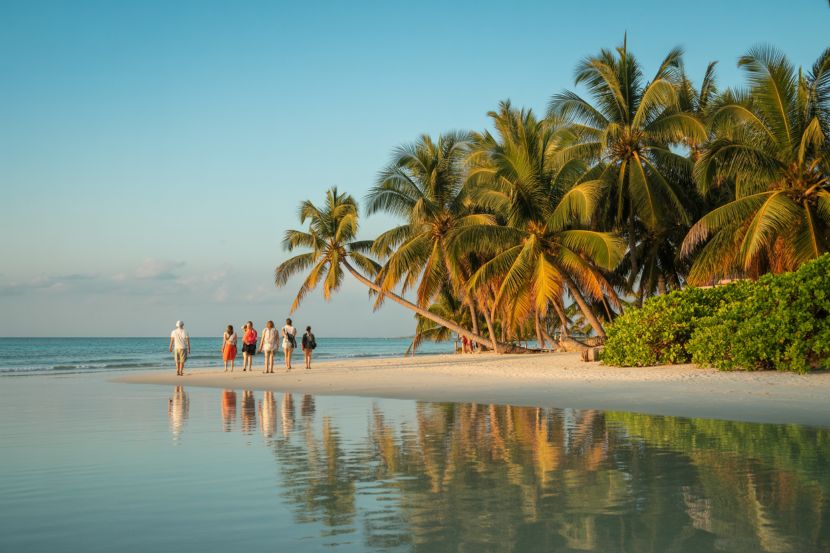Published on
September 16, 2025
Thailand, Australia, Canada and the US are quietly luring British holidaymakers away from once-beloved European classics. Underpinned by recently released data, the numbers indicate a decline in footfall in Spain, Greece, and Portugal over the past summer, a trend that mirrors both the visible strain of growing overtourism and the impatience that has surfaced in the form of protests. Swamped resort areas are making the shorter hop across the Mediterranean feel more like a long-haul dash, nudging tourists to seek out the apparently roomier beaches, national parks, and cosmopolitan centres that other hemisphere destinations promise.
Spain saw a nine percent fall in UK visitors, while Greece dropped by seven percent and Portugal by five percent. Demonstrations against mass tourism across these countries discouraged many families from planning breaks in these traditional hotspots.
Long-Haul Destinations Gain Popularity
Destinations outside Europe gained momentum. The United States received seventeen percent of British outbound travel, surpassing France, which secured fourteen percent. Canada attracted nine percent, while the United Arab Emirates reached eight percent of British trips.
Long-haul leisure escapes such as Thailand and Australia each gained five percent of the share, boosted by strong air links, cultural appeal and global tourism campaigns.
Domestic Weather Influences Choices
The heatwave in the UK also influenced travel behaviour. Warmer weather at home meant fewer travellers felt the urgent need to chase Mediterranean sun. Instead, adventurous tourists looked for far-flung journeys combining beaches, cities and cultural exploration.
Despite the shift, short-haul travel still plays an important role, especially for last-minute getaways. Thirty-eight percent of British travellers booked quick trips to Spain, while Greece and Italy followed with twenty-five percent and twenty-three percent respectively. These figures underline the convenience and affordability of European holidays, even as more travellers seek alternatives abroad.
Tourism Impact of Overtourism
Tourism officials have expressed concern about the impact of overtourism on local communities. The demonstrations in Spain and Portugal reflected tensions between residents and mass arrivals, adding further uncertainty for the region’s tourism economy. Families choosing long-haul alternatives this summer not only supported diverse travel patterns but also highlighted the growing challenge of balancing sustainability with mass tourism in Europe.
Rising Appeal of Far-Flung Journeys
Thailand’s coastal islands and cultural experiences drew renewed interest, partly linked to increased visibility through popular series and films. Australia benefitted from its reputation for outdoor adventure and family-friendly attractions, while Canada’s lakes, mountains and cities provided appealing summer alternatives. The United States’ major cities and theme parks remained top global magnets for holidaymakers.
What This Means for Global Tourism
For tourism boards worldwide, the message is clear. British travellers are open to exploring destinations that offer balance, space and unique experiences. Countries focusing on accessibility, cultural richness and natural heritage have gained more traction than ever.
As the travel landscape evolves, the preference for destinations beyond Europe may persist. Families increasingly seek journeys that combine leisure with novelty, while governments and tourism organisations continue to adapt.
Ultimately, it’s not the percentages that matter; it’s the moments being written in travel journals. Families that once flocked to the packed beaches of Spain, Greece, and Portugal are now queuing for flights to Thailand, Australia, Canada, and the US, gently reshaping the British summer. Behind every departure is the urge for more, more variety, more respect for the planet, and more stories worth telling over future barbecues.
Tags: Australia, Australia Travel, british travellers, Canada, Canada holidays, greece, Greece travel decline, long-haul travel, Portugal, Portugal protests, spain, Spain overtourism, Thailand, Thailand Tourism, UK tourism trends, United Kingdom, United States, US Destinations
